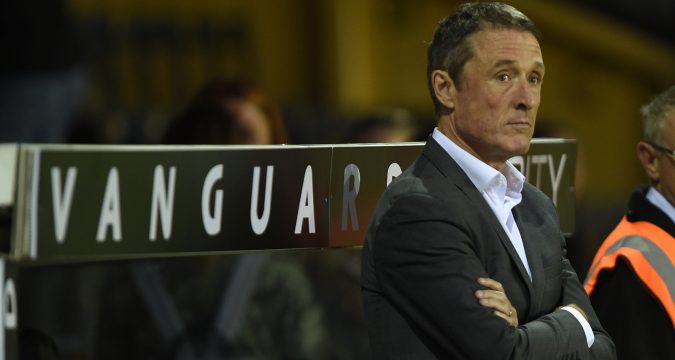 It's difficult to know where to start as one of the most decisive days in British rugby league's recent history looms large on the horizon.
Make no mistake, changing or keeping the league structure does not solve the wider problems in the game. Far from it.
But after months of squabbling, in-fighting and statements aplenty, it is time the gam
It's difficult to know where to start as one of the most decisive days in British rugby league's recent history looms large on the horizon.
Make no mistake, changing or keeping the league structure does not solve the wider problems in the game. Far from it.
But after months of squabbling, in-fighting and statements aplenty, it is time the gam Structure strife an embarrassment – do we need to trust Super League?
 It's difficult to know where to start as one of the most decisive days in British rugby league's recent history looms large on the horizon.
Make no mistake, changing or keeping the league structure does not solve the wider problems in the game. Far from it.
But after months of squabbling, in-fighting and statements aplenty, it is time the gam
It's difficult to know where to start as one of the most decisive days in British rugby league's recent history looms large on the horizon.
Make no mistake, changing or keeping the league structure does not solve the wider problems in the game. Far from it.
But after months of squabbling, in-fighting and statements aplenty, it is time the gam 